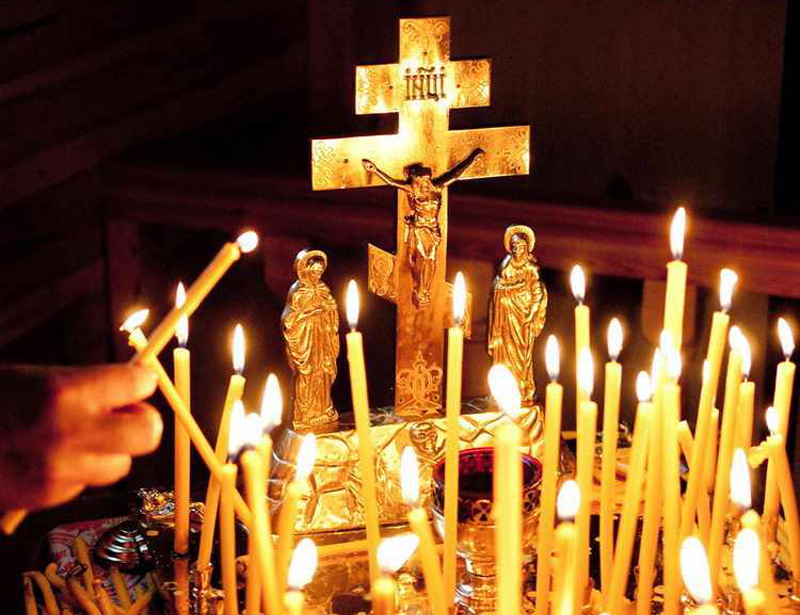 by Fr. John Moses –
by Fr. John Moses –
The days of Holy Week are designed to represent to us the last week of Christ’s earthly life before His Crucifixion. It is a terrible and wonderful journey: terrible because the Lord will have to endure so much; and wonderful because if we take this journey with Him, it can be a life-changing experience. If we do a bit of study and reading before we go to church, each service will be even more powerful and meaningful.
Sophia Moshura: If we feel that we have not spent Great Lent properly, how can we still use the remaining days of Holy Week to prepare worthily for Pascha?
Fr. John Moses: The days of Holy Week are designed to represent to us the last week of Christ’s earthly life before His Crucifixion. It is a terrible and wonderful journey: terrible because the Lord will have to endure so much; and wonderful because if we take this journey with Him, it can be a life-changing experience. If we do a bit of study and reading before we go to church, each service will be even more powerful and meaningful. [Read more…]

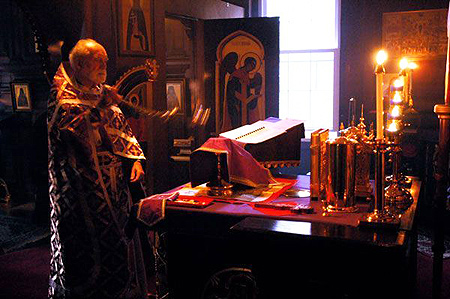 The joyousness which accompanies the performance of the
The joyousness which accompanies the performance of the 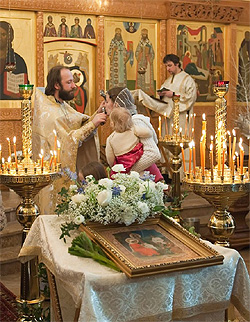 by St. Theophan the Recluse (1815-1894) –
by St. Theophan the Recluse (1815-1894) –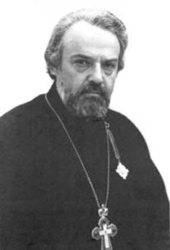
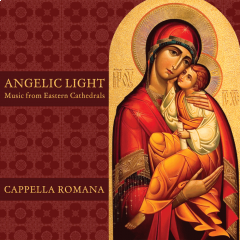 A new Orthodox CD has been released by Cappella Romana titled “
A new Orthodox CD has been released by Cappella Romana titled “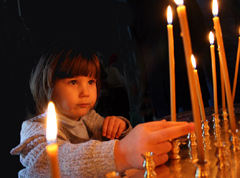 by George Strickland, Ph.D. –
by George Strickland, Ph.D. –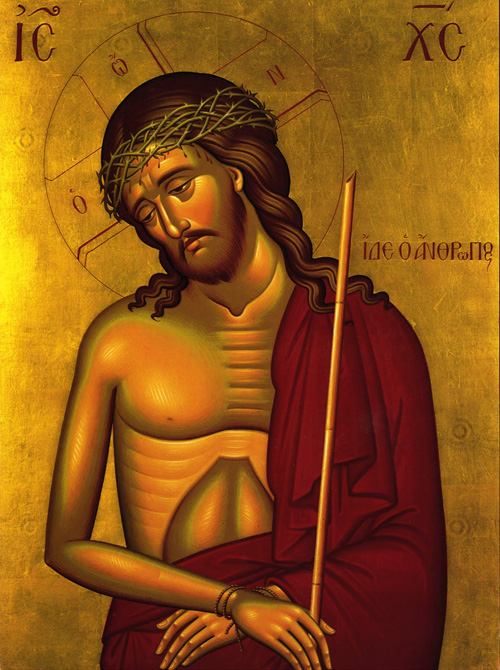 Christ the Bridegroom is the central figure in the parable of the ten Virgins (Matthew 25: 1-13); Christ is the divine Bridegroom of the Church as described in the Book of Isaiah (chapter 54), as well as the primary image of Bridegroom Matins.
Christ the Bridegroom is the central figure in the parable of the ten Virgins (Matthew 25: 1-13); Christ is the divine Bridegroom of the Church as described in the Book of Isaiah (chapter 54), as well as the primary image of Bridegroom Matins.